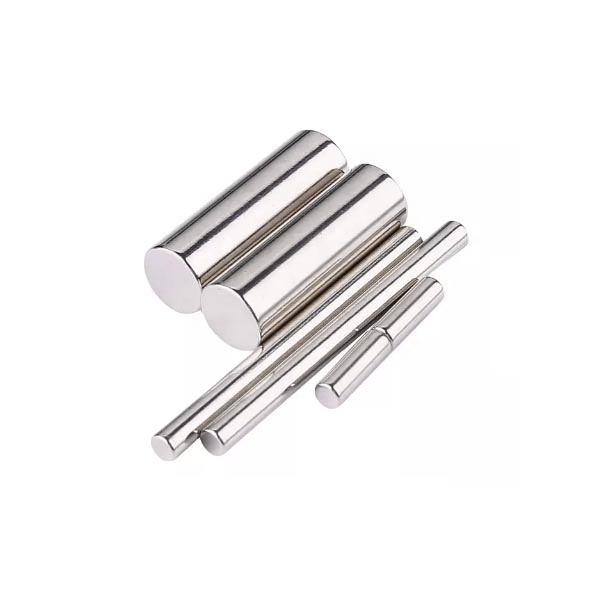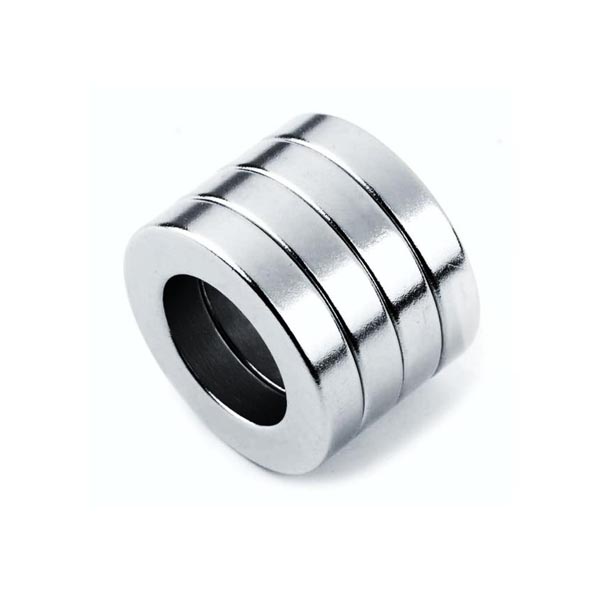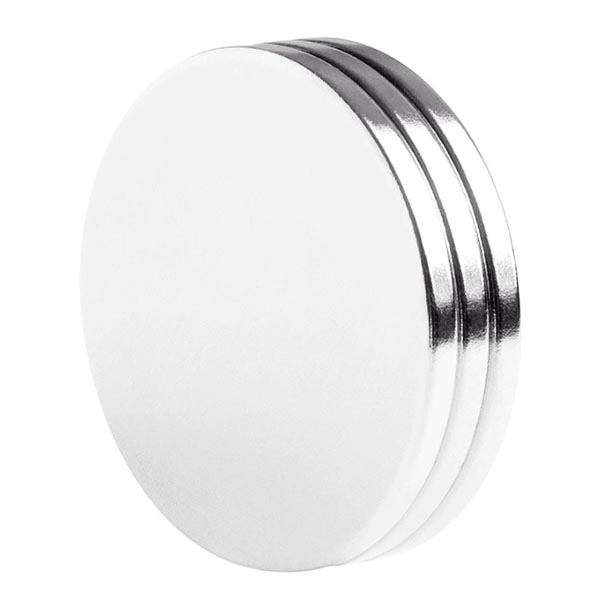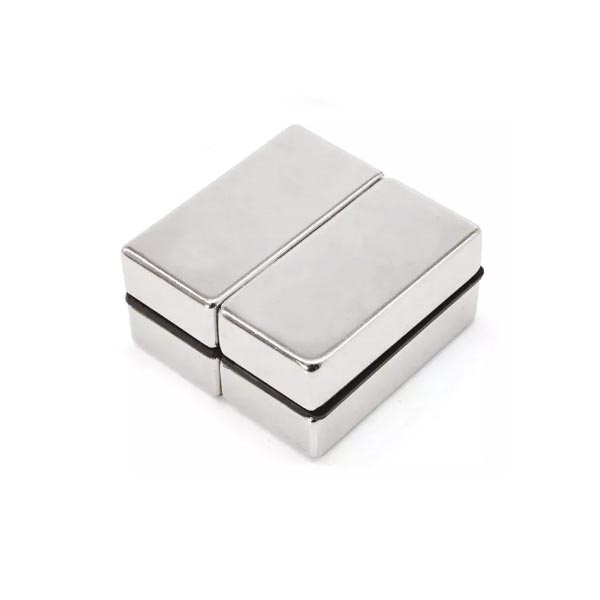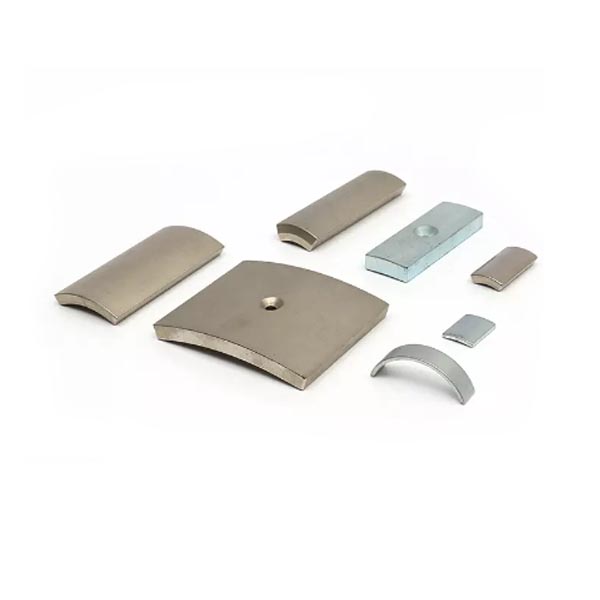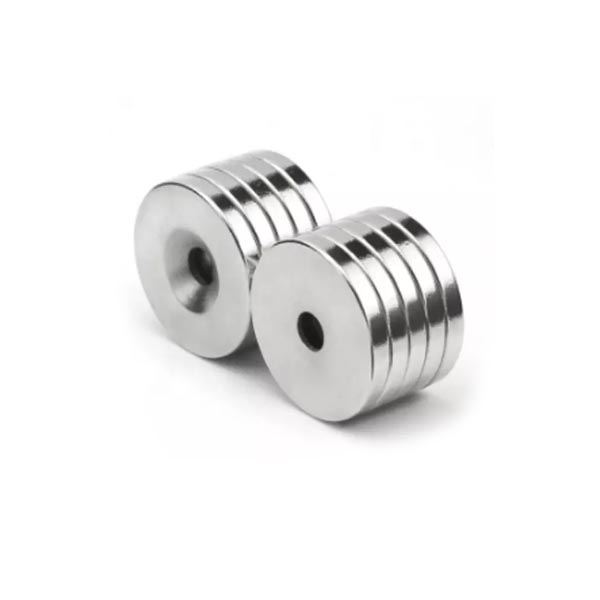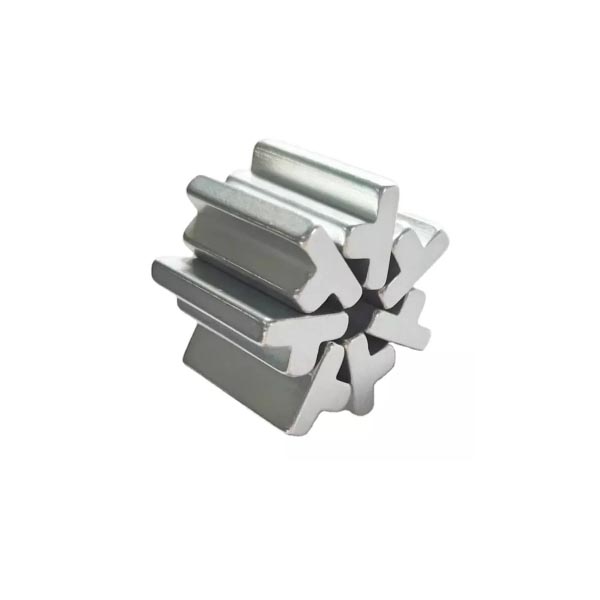Neodymium magnets, renowned for their exceptional strength and versatility, play a crucial role in various industries, from electronics to renewable energy. As the demand for sustainable practices continues to rise, the importance of recycling materials, including neodymium magnets, becomes increasingly evident. This article explores the key aspects of recycling neodymium magnets, shedding light on the processes involved and the environmental benefits of responsible disposal.
1. Composition and Properties:
Neodymium magnets are composed of neodymium, iron, and boron, forming a rare-earth magnet with unparalleled strength. Understanding the composition of these magnets is crucial for effective recycling, as it allows for the separation of materials during the recycling process.
2. Importance of Recycling:
Recycling neodymium magnets is essential for several reasons. Firstly, neodymium is a rare-earth element, and mining and processing it can have environmental impacts. Recycling helps conserve these precious resources and reduces the need for new extraction. Additionally, the responsible disposal of neodymium magnets prevents potential environmental harm from the improper disposal of electronic waste.
3. Collection and Separation:
The first step in recycling neodymium magnets involves the collection and separation of materials. This process often occurs during the recycling of electronic devices, such as hard drives, speakers, and electric motors, where neodymium magnets are commonly used. Magnetic separation techniques are employed to isolate the magnets from other components.
4. Demagnetization:
Before processing neodymium magnets, it's crucial to demagnetize them. This ensures the safety of workers and prevents unintended magnetic interactions during the recycling process. Demagnetization can be achieved by exposing the magnets to high temperatures or using specific equipment designed for this purpose.
5. Grinding and Separation of Components:
Once demagnetized, neodymium magnets are typically ground into a powder to facilitate the separation of their constituent elements. This step involves breaking down the magnet into smaller particles for further processing. Subsequent separation methods, such as chemical processes, help extract neodymium, iron, and boron separately.
6. Recovery of Rare-Earth Elements:
The recovery of neodymium and other rare-earth elements is a crucial aspect of the recycling process. Various techniques, including solvent extraction and precipitation, are employed to separate and purify these elements, making them suitable for reuse in the production of new magnets or other applications.
7. Environmental Benefits:
Recycling neodymium magnets contributes to environmental conservation by reducing the need for new resource extraction, minimizing energy consumption, and decreasing waste. Additionally, responsible disposal prevents the release of hazardous materials that may be present in neodymium magnets when improperly handled.
8. Industry Initiatives:
Several industries and manufacturers are recognizing the importance of sustainable practices, leading to initiatives aimed at improving the recyclability of neodymium magnets. Collaboration between manufacturers, recyclers, and policymakers is essential to create a closed-loop system for these valuable materials.
As the world grapples with the challenges of resource depletion and environmental sustainability, recycling neodymium magnets emerges as a crucial practice. By understanding the processes involved and promoting responsible disposal, we can contribute to the conservation of rare-earth elements, reduce environmental impact, and pave the way for a more sustainable future in the use of these powerful magnets.
Your Custom Neodymium Magnets Project
We can offer the OEM/ODM services of our products. The product can be customized according to your personalized requirements, including the size, Shape, performance, and coating. please offer your design documents or tell us your ideas and our R&D team will do the rest.
Post time: Feb-01-2024

